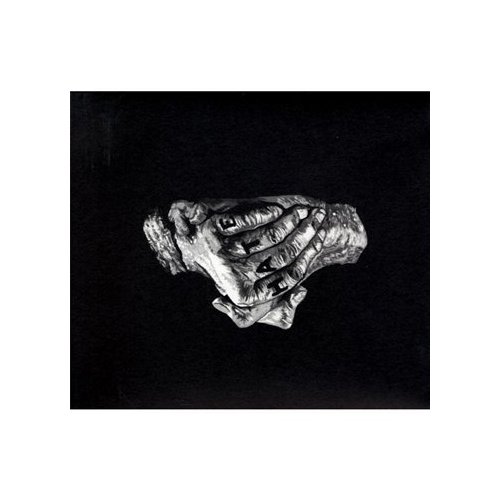
description
4A study of time in Chaucer's major works. Geoffrey Chaucer wrote at a turning point in the history of timekeeping, but many of his poems demonstrate a greater interest in the moral dimension of time than in the mechanics of the medieval clock. Chaucer and the Ethics of Time examines Chaucer's sensitivity to the insecurity of human experience amid the temporal circumstances of change and time-passage, as well as strategies for ethicising historical vision in several of his major works. While wasting time was occasionally viewed as a sin in the late Middle Ages, Chaucer resists conventional moral dichotomies and explores a complex and challenging relationship between the interior sense of time and the external pressures of linearism and cyclicality. Chaucer's diverse philosophical ideas about time unfold through the reciprocity between form and discourse, thus encouraging a new look at not only the characters' ruminations on time in the tradition of St Augustine and Boethius, but also manifold narrative sequences and structures, including anachronism.
member goods
No member items were found under this heading.
Return Policy
All sales are final
Shipping
No special shipping considerations available.
Shipping fees determined at checkout.







